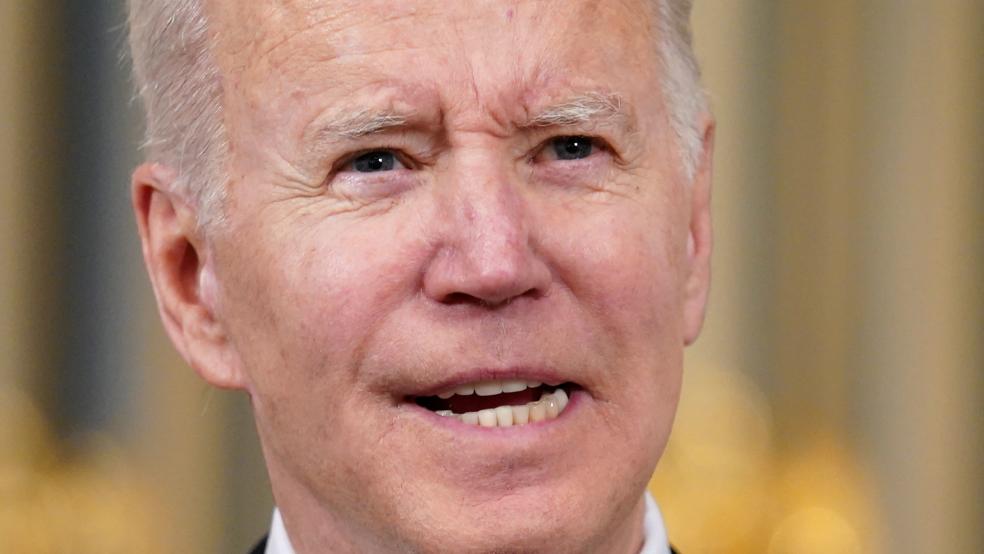President Joe Biden and his advisers have reportedly been debating whether he should declare climate change a national emergency.
Biden is set to travel Wednesday to Somerset, Massachusetts, the site of a shuttered coal-fired power plant that is now being transformed into an offshore wind facility. Biden will speak about climate change and clean energy, but he will reportedly stop short of declaring a climate emergency.
What a national emergency would do: An emergency declaration “would allow Biden to redirect spending to accelerate renewable energy such as wind and solar power and speed the nation’s transition away from fossil fuels,” Seung Min Kim, Chris Megerian and Matthew Daly of the Associated Press explain. “The declaration also could be used as a legal basis to block oil and gas drilling or other projects, although such actions would likely be challenged in court by energy companies or Republican-led states.”
Bloomberg’s Ari Natter and Jennifer A Dlouhy add that an emergency declaration “would let Biden take advantage of a law typically used after major hurricanes and other natural disasters -- the Stafford Disaster Relief and Emergency Assistance Act -- to direct the Federal Emergency Management Agency to construct renewable energy projects using federal money.” They note that FEMA has $19 billion to address ongoing disasters in its fiscal year 2022 budget, according to the Center for Biological Diversity, an environmental group advocating for the emergency declaration. The group also says that Biden can use the Defense Production Act and the federal procurement budget of $650 billion a year to manufacture renewable energy and promote clean transportation technologies.
The bottom line: Again, an emergency declaration reportedly won’t happen Wednesday, but Biden will continue to face pressure to act on climate change — as will Congress.





